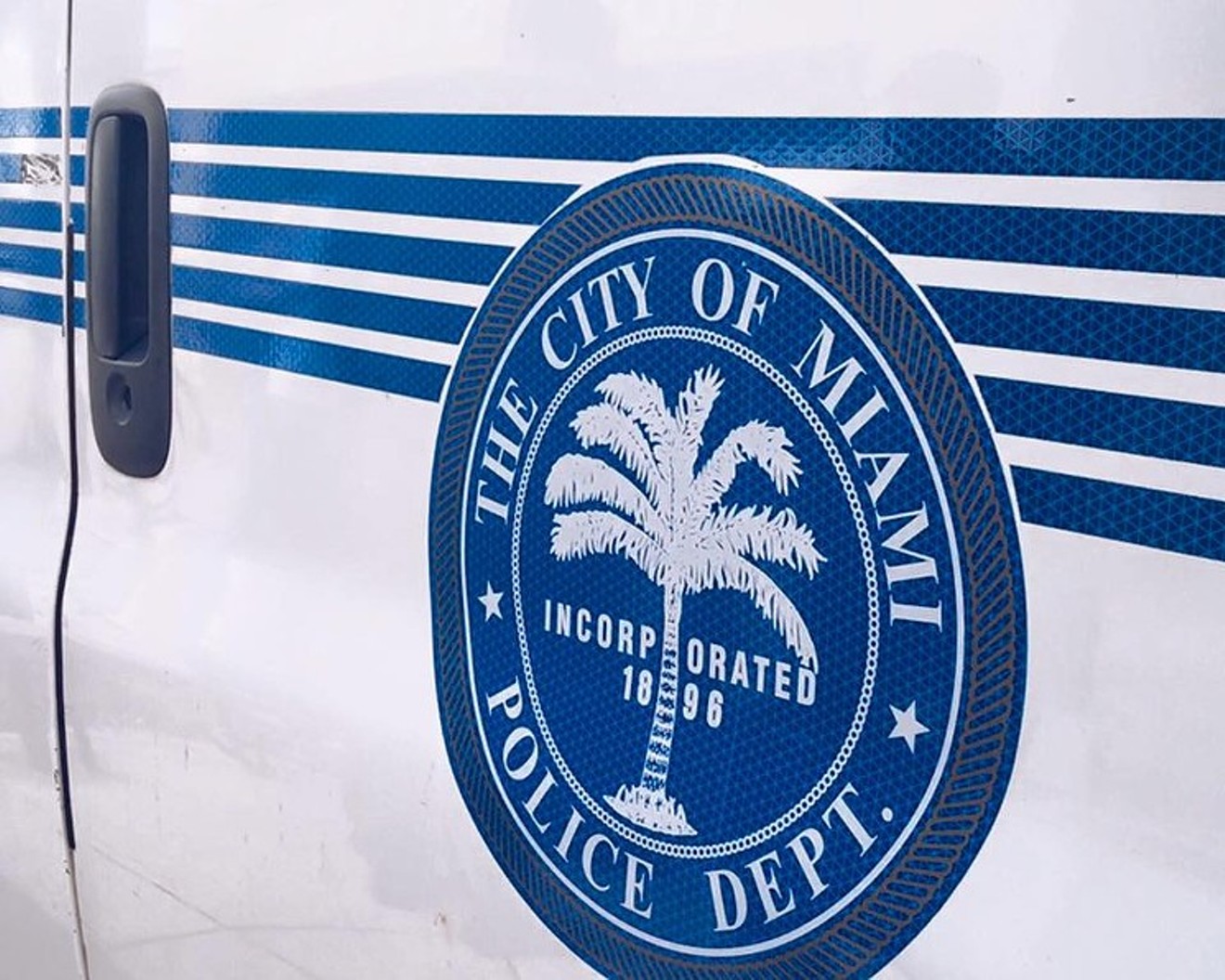Gillis, an NRA instructor
AR-15s are customizable, and the ability to add high-capacity magazines to the weapons is likely an attraction for people looking to commit mass murder, though the choice might also be influenced by people looking to copy other mass shooters.
But when Gillis showed up to sell his AR-15 parts, he says, police offered him only $17 for each.
"They refused to take 27 AR-15s off the street as far as I'm concerned," Gillis told New Times. "The Miami Police Department doesn't classify this as a firearm. I asked for that in writing, but they wouldn't give it to me. They had initially promised $250 for the lower receivers, but now they only wanted to pay $17." Gillis said each receiver was likely worth about $50.
Generally, the lower receiver of an AR-15 with a serial number may be considered a firearm and requires a background check to purchase if it is more than 80 percent complete, firearms expert and Buckeye Firearms Association executive director Dean Rieck said in a statement emailed to New Times. An incomplete lower receiver can be purchased without a background check if it requires additional work to make it operable. But such work takes skill and the proper tools.
The Miami Police Department did not respond to four phone calls and emails seeking comment.
Gillis wasn't happy with the cops' price, so he stuck the "I Buy Guns" sign on his Jeep, offering to pay more than the police for firearms he could add to his collection (he ultimately had no takers). The way he tells it, several cops began to question Gillis, who is white, and his friend, who is black, and frisked the friend but not Gillis when they eventually arrested the pair. He also accuses the police of using a racist slur against his friend.
On March 17 around 10 a.m., Gillis was collared for contracting without a license on NW Ninth Avenue and Second Street. Three months later, on June 6, the charges were dropped.
"I wasn't contracting anything; I wasn't running a business. I just embarrassed them and annoyed them, so they wanted to teach me a lesson," Gillis says. Though the police let him off with a promise to appear rather than taking him to jail, Gillis maintains his rights were violated. Gillis' arrest report noted he told officers he had offered to buy guns from the public rather than allow the City of Miami to "keep ripping people off."
The Miami Police Department's gun-buyback program uses civil-asset forfeiture money to purchase guns.












